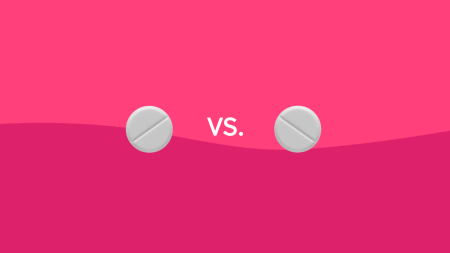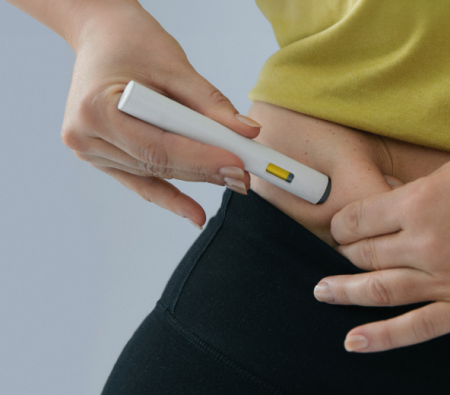Why you’re bloated and how to get fast relief
Why you’re bloated and how to get fast relief
Bloating can be uncomfortable and sometimes embarrassing. Between 10% and 25% of people experience occasional bloating.
Aminat Ogun, MD, a family medicine physician at OSF HealthCare, shared why bloating happens and how to get rid of it.
What does bloating feel like?
Bloating is that uncomfortable, full and tight feeling in your stomach.
“It might feel like your tummy is full, swollen, sometimes tender, and that can cause discomfort,” Dr. Ogun said.
It can also make your belly look larger. Some people even complain of being so bloated that they look pregnant.
That full, uncomfortable feeling is due to a build up of pressure inside of your stomach.
Bloating causes
Bloating after eating
Having stomach pain?
Talk to your primary care provider.
Overeating can stretch your stomach, which may lead to bloating. When we overeat, our stomach feels too full and makes us feel sluggish.
Eating too quickly is another bloating cause. When you eat too fast, you are more likely to swallow air. Your stomach fills up with extra air, which causes your stomach to fill with gas. Chewing gum and smoking can also cause you to take in extra air.
Gas and digestive issues
Excess gas in the digestive tract can lead to bloating. Gas can be produced during the digestion of certain foods, and an imbalance in gut bacteria may worsen the issue.
Certain common conditions may cause you to have gas, like irritable bowel syndrome, celiac disease and gastroesophageal reflux disease.
Food intolerances
Some people experience bloating due to food sensitivities, such as lactose or gluten intolerance. When your body is intolerant to certain foods, it can’t break it down before it gets to your colon. Once it reaches your colon, it creates gas bubbles, which go into your stomach. Identifying and avoiding trigger foods helps manage bloating.
Dr. Ogun suggested keeping track of what you eat.
“Have a food diary. See what triggers your bloating symptoms and see if you can eliminate those foods,” she said.
Bloating prevention
Dr. Ogur suggested a few ways to help prevent bloating.
Don’t eat too much
Chew your food thoroughly and eat slowly. Take smaller portions on your plate. When you eat slower, you’ll start to feel when your belly is full. You’ll eat less if you can feel when your body has had enough to eat.
Avoid salty and fatty foods
Foods high in salt and fat are harder for your digestive system to break down. This leads to more gas.
Stay hydrated
Drinking water can help move food through your digestive system, preventing constipation and bloating.
Fast bloating relief
When you feel bloated, you want relief immediately. It’s uncomfortable and can make you feel sluggish. These tips from Dr. Ogun should help get rid of bloating in minutes.
Tea
Peppermint, ginger and chamomile all have anti-bloating properties. Peppermint and ginger relax the stomach muscles, which reduces the spasms and the feeling of being bloated. Chamomile is an anti-inflammatory herb, which helps to reduce the swollenness of bloating. The warmth of tea also helps to relax the body.
Over the counter medications
Certain over the counter medications help to temporarily relieve bloating. Common antacids people use include Pepto Bismal, Gas-X and Tums. These relieve bloating and discomfort if they’re caused by extra stomach acid. However, for other causes of bloating, such as gas or overeating, alternative remedies may be more effective.
Heat
Use a warm compress, a hot water bottle or a heating pad. Applying heat to your abdomen can help relax muscles. The warmth helps get rid of belly pain that comes along with bloating. When your muscles are more relaxed, your body can more comfortably digest.
Get moving
Physical activity can stimulate digestion and alleviate bloating. Incorporate light exercises, such as walking or stretching, into your routine.
When you feel bloated all the time
How long bloating lasts depends on its cause. While some instances may resolve quickly, chronic bloating may require more investigating.
Chronic bloating may be a sign of an underlying health issue. Talk to your health care provider about feeling bloated often. If you have an underlying health issue, your provider can help you get rid of that feeling of being bloated all the time.








